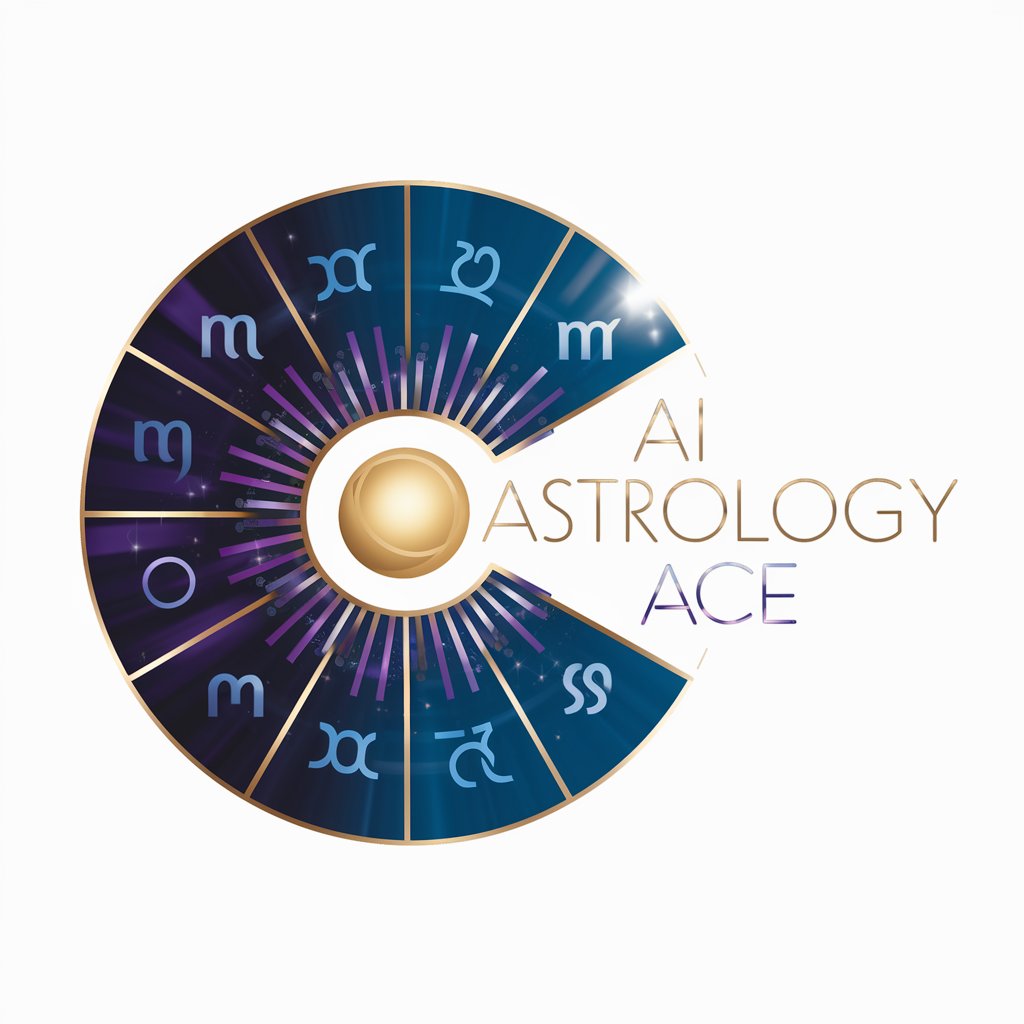Socratic Dialogue - AI-Powered Reflective Tool

Hello, let's explore your thoughts together.
Fostering Self-Discovery with AI
What thoughts or feelings are coming up for you right now?
Can you describe a recent situation where you felt challenged?
How do you typically respond to stress or anxiety?
What are some patterns you've noticed in your thinking?
Get Embed Code
Introduction to Socratic Dialogue
Socratic Dialogue is a form of inquiry and discussion between individuals, based on asking and answering questions to stimulate critical thinking and to illuminate ideas. Its primary function and design purpose are to facilitate deep introspection, understanding, and problem-solving through thoughtful dialogue. This approach draws on the Socratic method, emphasizing the importance of questioning for gaining deeper insights and understanding. An example scenario could be a therapy session where a therapist uses Socratic questioning to help a client examine the validity of their beliefs and the impact on their emotions and behaviors. Powered by ChatGPT-4o。

Main Functions of Socratic Dialogue
Facilitating Self-Discovery
Example
In cognitive behavioral therapy (CBT), Socratic Dialogue is used to help clients identify and challenge irrational beliefs, leading to more rational thinking and beneficial behavioral changes.
Scenario
A therapist guides a client to explore their thought patterns and beliefs about failure, leading the client to a more nuanced understanding of their capabilities and worth.
Enhancing Critical Thinking
Example
Educators employ Socratic Dialogue to engage students in deep discussions, encouraging them to think critically about complex subjects and develop their own reasoned conclusions.
Scenario
In a classroom discussion on ethical dilemmas, a teacher uses Socratic questioning to prompt students to evaluate the moral implications of various actions and to defend their positions thoughtfully.
Ideal Users of Socratic Dialogue Services
Individuals Seeking Personal Growth
People looking for deeper self-understanding and personal development can benefit from Socratic Dialogue by examining and challenging their beliefs, values, and behaviors.
Therapists and Mental Health Professionals
Professionals in the field of psychology and counseling use Socratic Dialogue as a tool to facilitate cognitive restructuring and emotional healing in their clients.
Educators and Students
Teachers and learners across educational levels can leverage Socratic Dialogue to enhance critical thinking, comprehension, and engagement with learning material.

Guidelines for Using Socratic Dialogue
Step 1
Visit yeschat.ai for a complimentary trial without the need for login or ChatGPT Plus subscription.
Step 2
Familiarize yourself with the concept of Socratic questioning and its application in cognitive behavioral therapy (CBT) as outlined in the Padesky method.
Step 3
Identify the specific area or issue you want to explore or understand better, such as personal beliefs, emotions, or decision-making processes.
Step 4
Engage in a dialogue, using the tool to ask deep, reflective questions that challenge your thoughts and beliefs in a constructive manner.
Step 5
Reflect on the insights gained from the dialogue, and consider how they can be applied to foster personal growth and effective problem-solving.
Try other advanced and practical GPTs
PhotoWizard
AI-Powered Precision in Photo and Video Editing

Ozzy | Your Travel Guide ✈️
Explore the world smarter with AI-powered travel insights.

Artist Social Media Growth Advisor
Empowering artists with AI-driven social media strategies.

H&J Medical Supplies HIPAA Compliance Expert
Empowering HIPAA compliance with AI.

Sir Banner Bannerington
Crafting Visuals with AI Precision

고등학교 사회문제탐구 선생님 봇
Empowering Ethical Social Inquiry with AI

Color Wonder
Unleash Creativity with AI-Powered Storytelling

AI Astrology Ace
Unlock the Stars: Personalized Astrology at Your Fingertips

News from Others Shoes
Explore News Through Historical Eyes

World Economy and Canadian Living Costs from SKC
Demystifying Economic Trends for Canadians

Safe Food
AI-powered dietary safety guidance.

A Better Entrepreneur
Empowering Entrepreneurs with AI-driven Insights

Socratic Dialogue Q&A
What is the main purpose of Socratic Dialogue?
Socratic Dialogue aims to facilitate introspection and cognitive restructuring through guided questioning, following the principles of Socratic questioning and CBT.
How can Socratic Dialogue assist in personal growth?
By encouraging users to question and examine their beliefs and assumptions, it promotes a deeper understanding of oneself, leading to personal development and improved decision-making.
Is Socratic Dialogue suitable for addressing specific personal issues?
Yes, it is designed to assist users in exploring a range of personal issues, from emotional challenges to cognitive biases, through a structured, reflective questioning process.
Can Socratic Dialogue be used for educational purposes?
Absolutely. It can be an effective tool in educational settings to develop critical thinking, problem-solving skills, and to understand complex concepts through inquiry-based learning.
Is prior knowledge of CBT required to use Socratic Dialogue effectively?
While prior knowledge can enhance the experience, it is not necessary. The tool is designed to guide users through the process, making it accessible to those unfamiliar with CBT.
